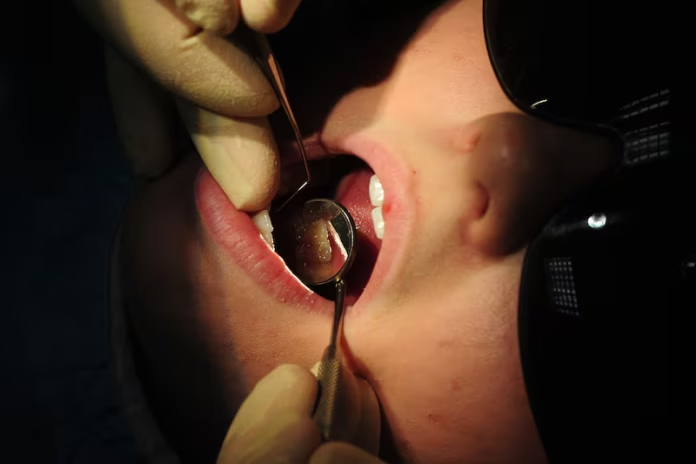Government’s attempts to improve access to NHS dentistry have been a complete failure. In a report on fixing NHS dentistry, the Public Accounts Committee (PAC) warns that there is no future for NHS dentistry without action from Government to go further in supporting the dental workforce, as patients continue to suffer the effects of a lack of access to care.
The report finds that, at best, only around half of the English population could see an NHS dentist over a two-year period under current funding and contractual arrangements. Just 40% of adults saw an NHS dentist in the two years to March 2024, compared to 49% in the two years pre-pandemic.
The committee found that The New Patient Premium (NPP), in which practices received credits for each eligible new patient they saw, costing at least £88m – actually resulted in 3% fewer new patients seeing a dentist since the NPP was introduced in March ’24.
The ‘golden hello’ recruitment scheme, with incentive payments of £20k for 240 dentists – less than 20% of the expected 240 had been appointed at Feb ’25
Mobile dental vans to deliver treatment in targeted communities – this was dropped, illustrative of a nationally-planned idea failing to address local issues and that the uplift to the minimum value of contractually agreed dental activity to £28 – failed to deliver any identifiable improvements.
On the current NHS dental contract, the PAC’s report finds that it is not fit for purpose. A fundamental issue for improving access is the discrepancy between what a dentist can earn delivering NHS and private work. There were 34,520 dentists registered to provide dentistry in England in April 2023, but only 24,193 of these provided some NHS dental care in 2023-24. Without proper remuneration it is likely that even more will move exclusively to the private sector. In March 2024, there were over 5,500 vacancies across the NHS dental profession with many of these going unfilled for over 180 days.
While scrutinising the issue, the PAC asked NHSE if it would be better to rip the contract up and start again. NHSE responded that this was exactly what they were going to do, and the PAC agrees with the DHSC when it says that fiddling around with the contract fails to address the real problem.
While the new government has committed to fundamental reform of the dental contract, the report highlights there are still no details on when this will happen and what it will look like, and warns that further tweaks to existing arrangements will not be enough. The PAC is calling on NHSE and DHSC to be clear what the actual cost of delivering NHS dentistry is, without which any efforts at reform will fail to address fundamental issues around the affordability of NHS work. The PAC further calls on Government to work with the entire dental profession and wider stakeholders to design and deliver short and long-term changes to prevent further decline of the service.
Sir Geoffrey Clifton-Brown MP, Chair of the Committee, said: “This country is now years deep in an avalanche of harrowing stories of the impact of dentistry’s system failure. It is utterly disgraceful that, in the 21st century, some Britons have been forced to remove their own teeth. Last year’s Dental Recovery Plan was supposed to address these problems, something our report has found it has signally failed to do. Almost unbelievably, the Government’s initiatives appear to have actually resulted in worsening the picture, with fewer new patients seen since the Plan’s introduction.
“NHS dentistry is broken. The Government could hardly fail to agree on this point, and indeed I am glad that it is not in denial that the time for tinkering at the edges is over. It is time for big decisions. NHSE agreed that the current contract is not fit for purpose, and that it is time to rip up the aged contract through which dentists deliver their services, and start again. This was said over a month ago at the time of our public hearing, since when we have seen massive change, including the abolition of NHSE itself.
“This gives the Government the opportunity to completely reconfigure the way the NHS is run. In particular, so that more resources can be devoted to the local health boards who commission dentistry services. At the same time, a new contract should be negotiated with dentists so that all in this country will have proper access to a NHS dentist for the treatment they need. Parliament, the dental profession and patients all now need to know, as a matter of urgency, what comes next.”







